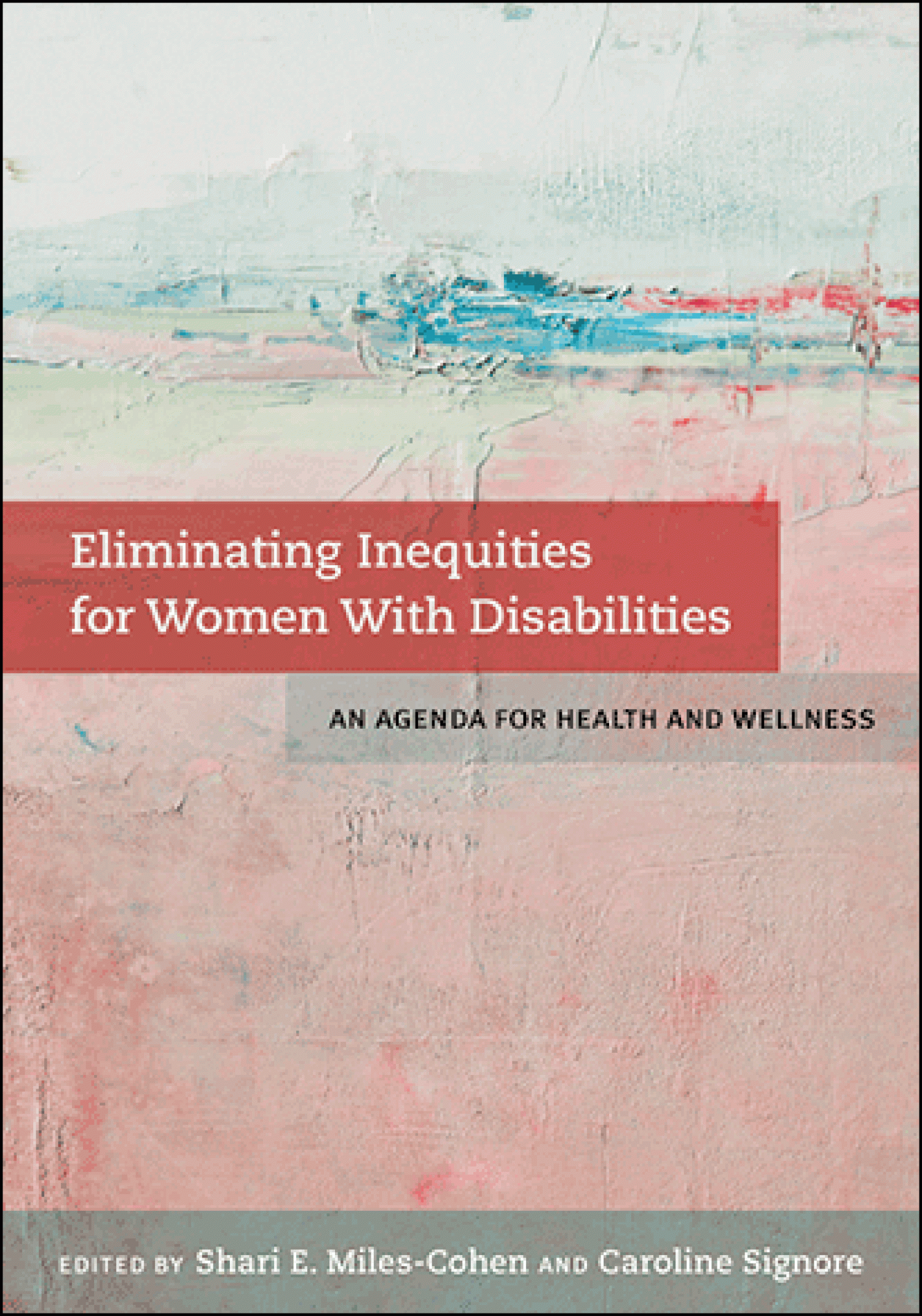
Elimimating Inequities for Women with Disabilities: An Agenda for Health and Wellness

By Shari E. Miles-Cohen (Psych'86)
(American Psychological Association, 296 pages; 2016)
More than 20 million American women and girls have some form of disability, and this number will only increase in the years to come. At the same time, women with disabilities often have difficulty accessing health care services, and the quality of the health care they do receive is often worse than the care received by women without disabilities and men with disabilities. The consequences of these disparities include increased prevalence of secondary complications, diminished quality of life, and even premature death.
In this book, researchers from a range of disciplines, with expertise in a range of disabilities, investigate the causes and consequences of these health care disparities and offer plans for action to improve wellness, health promotion, and disease prevention among this broad yet consistently underserved population.
Using an integrated care framework as a foundation, authors tackle the structural, environmental, and social barriers that prevent women with disabilities from accessing effective and culturally-competent care and services, and address related issues including psychosocial health, interpersonal violence, health care policy, health promotion, disease prevention programs, and telehealth, as well as reproductive and sexual health, and dental care.

